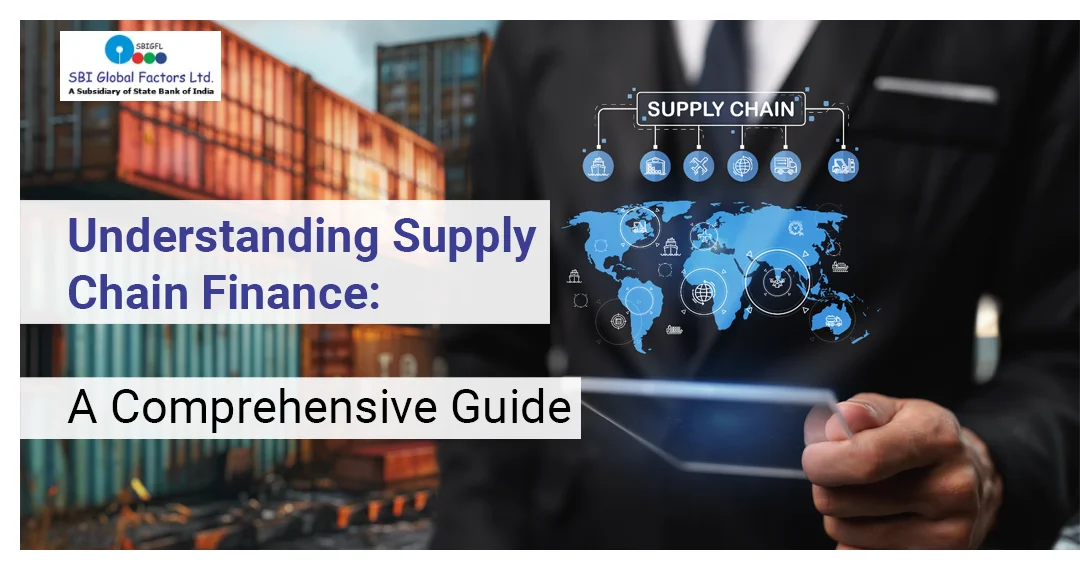Difference Between Bill Discounting and Factoring
Table of Contents
It is
essential to understand the monetary processes of Bill Discounting and
Factoring to preserve the business's stability and growth. Bill Discounting and
Factoring are distinguishing in their way, and they can be used for different
reasons. Therefore, through this blog, I draw the difference between these two
available strategies, considering business owners' intentions to follow their
financial vision.
Introduction to Bill Discounting and Factoring
Bill
Discounting and Factoring, organized forms of financial services, offer a
solution to businesses on how to manage the accounts' receivables. Cash flow is
one of the most severe challenges for businesses, and the above-mentioned
services help them receive payments for their invoices more quickly. However,
two of the services differ significantly in their essence and terms.
What is Bill Discounting?
Bill
Discounting is a financial service provided by a bank or FIs, where the invoice
bill is sold before the due date to a bank or FIs tax. Bill Discounting is the
process of a business getting the money by selling the bill to the bank before
the due date on a discount when we compare it with that bank's customers. In
simple terms, Bill Discounting helps the organization get funds before the
customer's payment due date, improving their cash flow.POS Bill_PAYMENT.
What is Factoring?
Factoring,
on the other hand, involves a business selling its accounts receivable
(invoices) to a third party (a factor) at a discount. The factor then takes on
the responsibility of collecting the invoice payments from the business's
customers. Factoring not only accelerates cash flow but also transfers the
credit risk associated with the accounts receivable to the factor.
Main Differences
Between Bill Discounting and Factoring
The
main body of this blog will explore four key areas where Bill Discounting and
Factoring differ: the nature of the transaction, the parties involved, the risk
assumption, and the impact on relationships with clients.
Nature of the Transaction
In Bill
Discounting, the transaction is a financing arrangement. The business retains
ownership of the invoices and is responsible for collecting the payments from
its customers. The financial institution does not interact with the customers
and only provides upfront cash to the business based on the invoices' value.
Factoring, however, is not just about
financing. It is a comprehensive accounts receivable management service. The
factor takes over the entire sales ledger, managing credit control and debt
collection on behalf of the business.
Parties Involved
Bill Discounting
typically involves three parties: the business needing the funds, the financial
institution providing the funds, and the business's customer who owes the
invoice payment. The customer, however, remains unaware of the financing
arrangement, as they still make payments directly to the business.
In Factoring, the parties include the business
selling the invoices, the factor buying the invoices, and the customers. Here,
the customers are fully aware of the factor's role, as they make their payments
directly to the factor.
Risk Assumption
With Bill
Discounting, the business remains responsible for the credit risk. If a
customer fails to pay an invoice on time, the business must repay the advanced
funds to the financial institution. This setup keeps the business actively
involved in the credit management process.
In contrast, with Factoring, the factor often
assumes the credit risk, depending on the agreement (non-recourse factoring).
This means if a customer fails to pay, the factor bears the loss. This transfer
of risk is particularly appealing for businesses that want to mitigate their
credit risk exposure.
Impact on Client Relationships
Which
allows the business to keep control of the relationship with their customers,
since the customer does not see a difference as collections stay the same. This
can be a selling point for businesses that hold discretion in high regard. In
contrast, factoring may or may not change the relevance between the business
and their customers, as the factor is responsible for collections, not the
business. Certain businesses may worry about how their customers view 3rd party
involvement in invoice payments.
Summary
The
choice between Bill Discounting and Factoring is a matter of a business's
particular characteristics, such as its way of customer interaction, financial
health, and risk tolerance. However, being aware of the outlined fundamental
distinctions, companies acquire banks to make the right choice and accredit the
service that fits their operational and financial goals the best. If you have
any thoughts or inquiries about Bill Discounting and Factoring, feel free to
leave them in the comment section. Your knowledge and experience on the topic
may be of great help to those at this stage.









